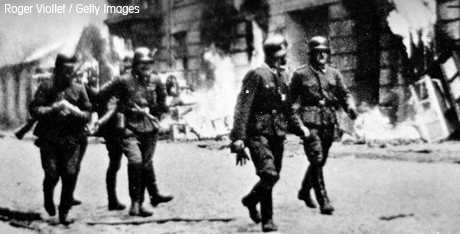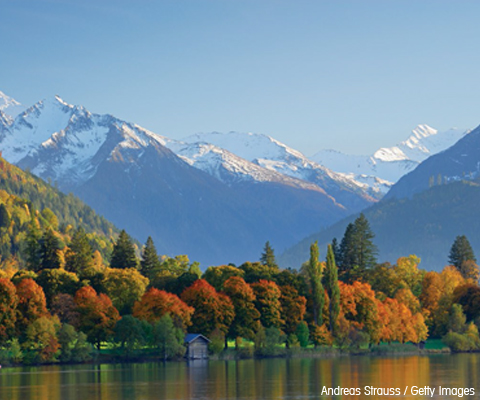“My family is Jewish, and the history … well, I don’t need to spell it out for you.”
For many years, my parents insisted they would never visit Germany. My family is Jewish, and the history … well, I don’t need to spell it out for you. For years they extended that ambivalence toward Austria, but since I married an Austrian, and they’ve grown pretty fond of him, they softened. After seeing our pictures and hearing about the beautiful place where my Austrian grew up, where we were living parttime, they moderated their views a little. Time passes, opinions change, and the draw to see Vienna is undeniable. They booked a flight.
We booked a picturesque farmhouse apartment for their stay — chickens in the yard, tractors in the driveway — a little one-bedroom flat on the third floor of a multigenerational farm house. They would stay a short walk from our own somewhat spartan housing. It was a nice place, clean, pretty, and smack in the middle of a working farm. They swooned, exactly as we’d expected, about the landscape and the flower boxes and the appealing little valley that my husband called home. I was jealous; I liked their temporary housing much more than I liked our more permanent situation adjacent to the local military base.
We hauled luggage up the three wide flights of stairs, and then we were all invited to join the farmhouse family for coffee. While we were sitting there, the old man came in. At 88, he was still farming, still driving, though he hadn’t had a license for nearly 20 years since turning 70. He said he couldn’t be bothered to renew it, and anyhow, mostly he just drives the tractor.
When the old man found out we were Yankees, he lit right up … As a much younger man, he’d been a guest of the U.S. government.
When the old man found out we were Yankees, he lit right up. Through my husband’s patient translations, he told us he’d been in the U.S. before. As a much younger man, he’d been a guest of the U.S. government. Well, not exactly a guest, he admitted. He’d been a POW. He got picked up in Northern Africa and sat out almost all of the war in a fenced yard in Texas. He picked cotton as prison labor. He spent three years locked up. He said the isolation was a killer; he was lonely. He wasn’t allowed to talk to the American guards, and he didn’t have much to do.
“I spent the first year just lazing around,” he said. When he was finally released, he actually wanted to stay in the U.S., but they tossed him out. “Sure they did,” said the woman to his right. “They had to throw out all the Nazis!” She whacked him on the arm and laughed.
We told him it had been much safer for him to sit out the war in Texas, picking cotton. He agreed, and his son said, “Yes, safer and so much better than having to live with the memories of what happened during the war.” The old man, who was still feeling pretty talky, said that during his brief time in uniform he sat in a bunker holding a rifle, but he never shot the thing. He never fired a single shot at anything or anyone. My stepfather reached over and patted him on the arm as a way of thanks.
On day two we had coffee and cake with my mother-in-law and went for a lovely walk by the lake, leaving the weight of history behind us
Many years later, the old man did make a trip back to the U.S., and one of the places he went to see was the place he’d been confined as a POW. When he was finally released and transported back to Austria (in spite of his wishes to the contrary), the Red Cross shipped him a guitar that they’d given him while he was a prisoner. He says that even though they were very isolated, they were well fed and cared for. He still had his guitar — he likes country music — and he promised to take it out and play it for us while my parents were visiting.
My family had an exhausting flight itinerary. They flew from Eugene to San Francisco to Denver to Frankfurt to Salzburg. It’s another twohour drive from the airport in Salzburg to my husband’s home valley. They’d had an extremely long day, and then Austria decided to give them a whole new perspective on history. You know, as a welcome. Wilkommen, bienvenue, welcome.
On day two we had coffee and cake with my mother-in-law and went for a lovely walk by the lake, leaving the weight of history behind us. The only past we talked about was what the family had been doing with their summer. That was all that mattered.




